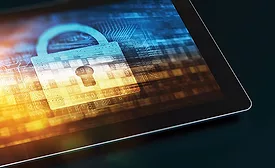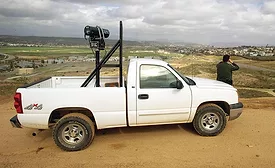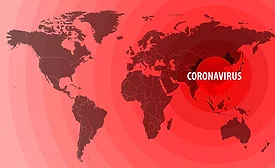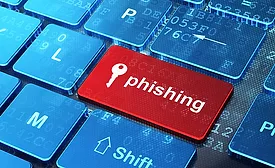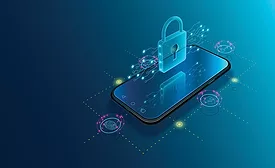Technologies & Solutions
Product Spotlight on Sports Stadiums
Sporting events themselves might just be a game, but the security technology employed in and around stadiums and other venues can mean a matter of life and death.
March 23, 2020
Resilient Surveillance in Rugged Environments
When it comes to using video in rugged terrain and remote locations, enterprise security professionals face a range of challenges.
March 20, 2020
Enterprise Security Must Prepare to Respond
An Effective Emergency Response Program is the Heart of Exceptional Service.
March 18, 2020
Can the Tsunami of Phone-Based Social Engineering be Contained?
As soft target telephone scams become more sophisticated, people are turning to protocols like biometric verification for enhanced protection. But implementation is key.
March 17, 2020
Sign-up to receive top management & result-driven techniques in the industry.
Join over 20,000+ industry leaders who receive our premium content.
SIGN UP TODAY!Copyright ©2026. All Rights Reserved BNP Media.
Design, CMS, Hosting & Web Development :: ePublishing



